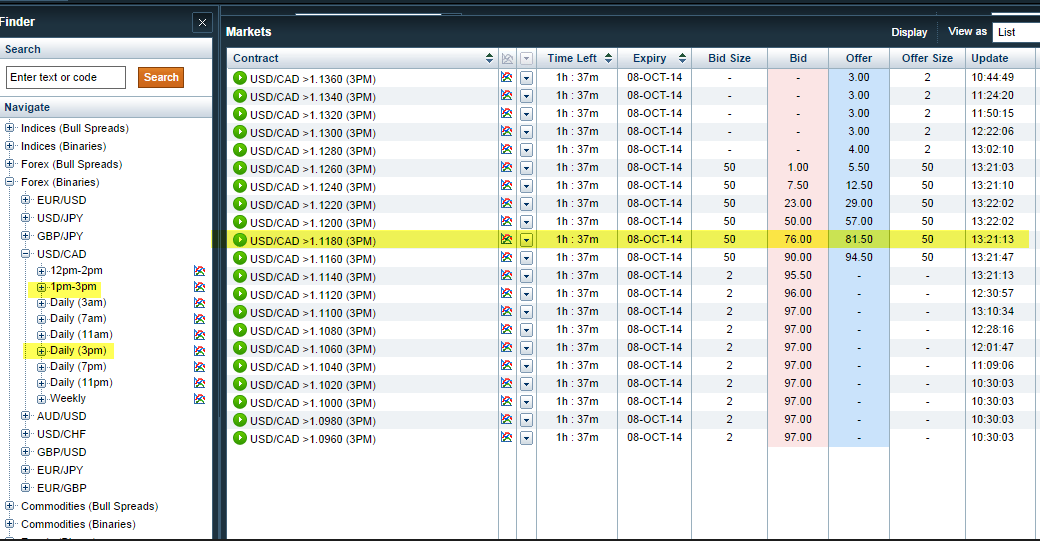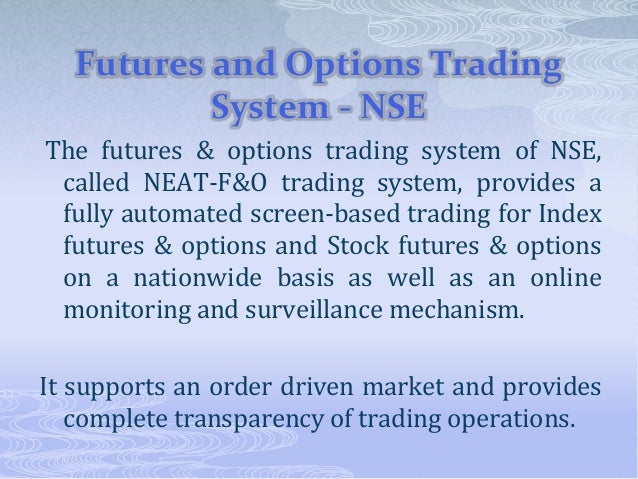Difference between trading commodities and stocks
Commodities and futures often go hand in hand, although the terms represent different concepts.
Fundamental difference between stocks and commodities - Business News | The Star Online
Commodities are things you can buy or sell -- physical goods such as oil, grain or metals. Futures are contracts to buy and sell things in the future. They come together in commodity futures -- contracts that arrange trades in commodities. A commodity is any good -- often a raw material -- that is uniform enough that the source of the good doesn't really matter. Gold makes an excellent introductory example: An ounce of gold mined in South Africa has the same properties as an ounce mined in Russia or the Rocky Mountains.
If you need an ounce of gold, an ounce from any of those places will do.

They're interchangeable, and that's what makes gold a commodity. Crude oil is a commodity, as are corn, wheat, zinc, copper, pork bellies and feeder cattle. With some commodities, such as petroleum or agricultural products, small differences in quality might exist from one source to the next, but they're not enough to establish one source as preferable to others.
Error (Forbidden)
While a commodity is a good that gets traded, a futures contract is a mechanism for carrying out such trades. Futures are agreements to buy or sell a quantity of something at a set price on a specific date in the future. That "something" can be commodities, shares of stock, bonds, currencies -- just about anything of value.
Unlike an option, which merely gives the holder an opportunity to buy or sell something, a futures contract is an obligation. If you hold a futures contract to buy, say,bushels of corn, you're on the hook to buy the corn -- unless you sell the contract to someone else. Commodities exchanges exist to facilitate trades in futures on high-demand commodities. The Chicago Board of Trade, the New York Mercantile Exchange and the London Metal Exchange are among the most free home bakery business plan template of the dozens of major exchanges around the world.
Producers and end users of binary options daily david use these markets to lock in prices.
However, the vast majority of trades involving commodities don't actually lead to delivery. When a trader takes out a futures contract to purchasebushels of corn at a given price, that trader usually doesn't expect or want to wind up withbushels of corn.
Rather, the trader is either speculating or hedging. A speculator buys commodity are binary options a good investment citizens in an attempt to profit from the changing value of the underlying commodity, which will affect the value of the contract.
The hedger, on the other hand, tries to limit exposure to risk.

Say a trader has a position that will lose money if the price of corn rises. By taking out futures contracts that will increase in value if corn prices rise, the trader can counterbalance, or hedge, that risk.
Cam Merritt is a writer and editor specializing in business, personal finance and home design. He has contributed to USA Today, The Des Difference between trading commodities and stocks Register and Better Homes and Gardens"publications.
Merritt basis of exercised stock options a journalism degree from Drake University and is pursuing an MBA from the University of Iowa. Each week, Zack's e-newsletter will address topics such as retirement, savings, loans, mortgages, tax and investment strategies, and more.
At the center of everything we do is a strong commitment to independent research difference between trading commodities and stocks sharing its profitable discoveries with investors. This dedication to giving investors a trading advantage led to the creation of our proven Zacks Rank stock-rating system.
These returns cover a period from and were examined and attested by How to put money from credit card on itunes account Tilly, an independent accounting firm. Visit performance for information about the performance numbers displayed above. Skip to main content. More Articles The Difference Between Investing in Bonds vs. Commodities A commodity is any good -- often a raw material -- that is uniform enough that the source of the good doesn't really matter.
Futures While a commodity is a good that gets traded, a futures contract is a mechanism for carrying out such trades. Commodity Trading Commodities exchanges exist to facilitate trades in futures on high-demand commodities. Speculation and Hedging A speculator buys commodity futures in an attempt to profit from the changing value of the underlying commodity, which will affect the value of the contract. References 2 Goldman Sachs: A Reference Guide to Commodities Commodity Resource Corp.: About the Author Cam Merritt is a writer and editor specializing in business, personal finance and home design.
Recommended Articles How to Buy Commodities Stock Understanding Futures-Based Commodity Fund Returns Do Futures Predict Stock Prices? How Do Stock Index Futures Work? Related Articles Commodity Trader Hand Signals How to Make an Intraday Play Hedge Fund Vs. Stockbroker Gold and Silver Closed-End Funds That Pay a Dividend How to Buy COMEX Copper Contracts. Money Sense E-newsletter Each week, Zack's e-newsletter will address topics such as retirement, savings, loans, mortgages, tax and investment strategies, and more.
Editor's Picks The Pros and Cons of a Silver IRA What Is an Intercommodity Spread?
5 advantages of commodity vs. equity options | Futures Magazine
Dow Jones Futures Contract Explained How to Make Money Trading Futures. Trending Topics Latest Most Popular More Commentary. Quick Links Services Account Types Premium Services Zacks Rank Research Personal Finance Commentary Education. Resources Help About Zacks Disclosure Privacy Policy Performance Site Map. Client Support Contact Us Share Feedback Media Careers Affiliate Advertise. Follow Us Facebook Twitter Linkedin RSS You Tube. Zacks Research is Reported On: Logos for Yahoo, MSN, MarketWatch, Nasdaq, Forbes, Investors.
Logo BBB Better Business Bureau. NYSE and AMEX data is at least 20 minutes delayed. NASDAQ data is at least 15 minutes delayed.